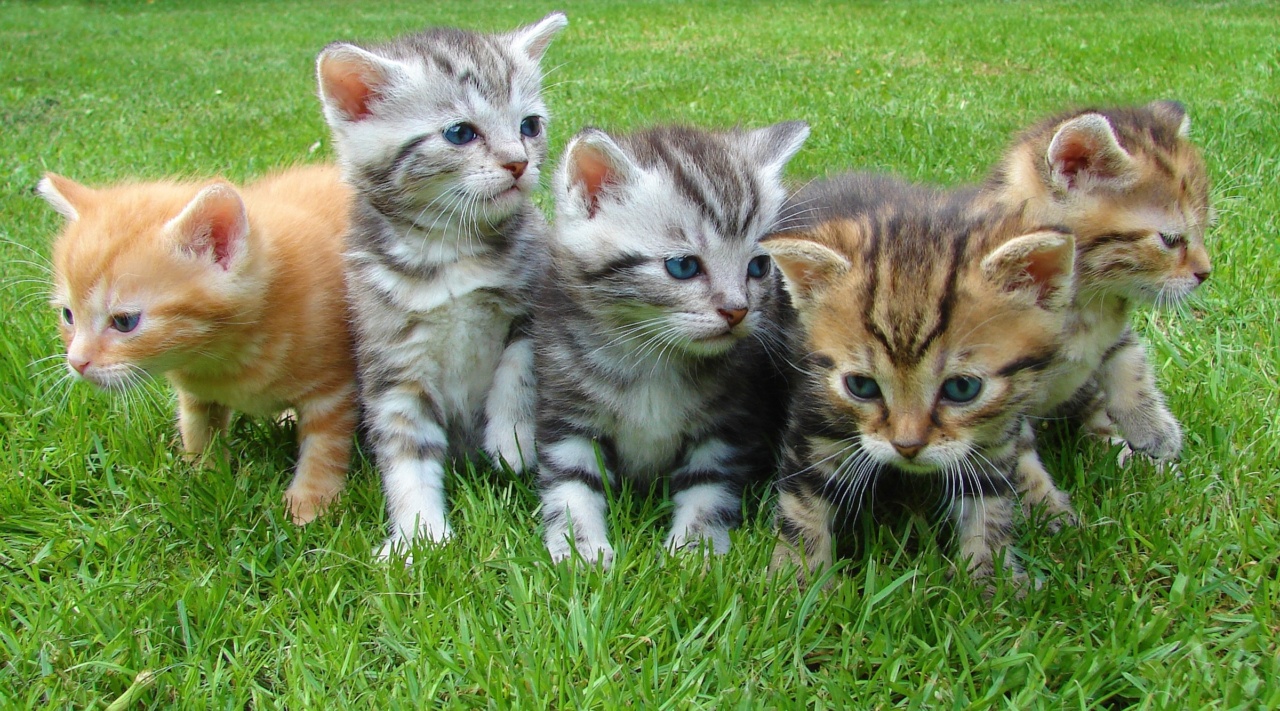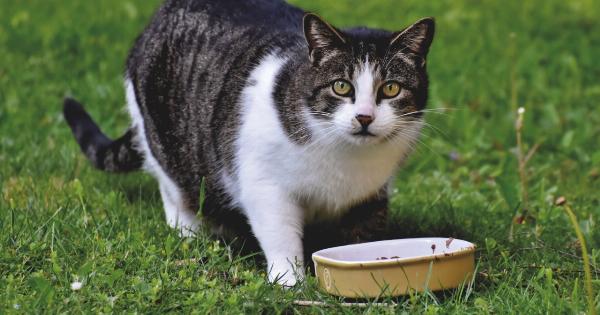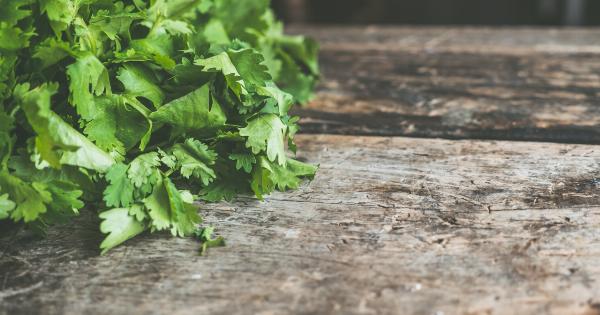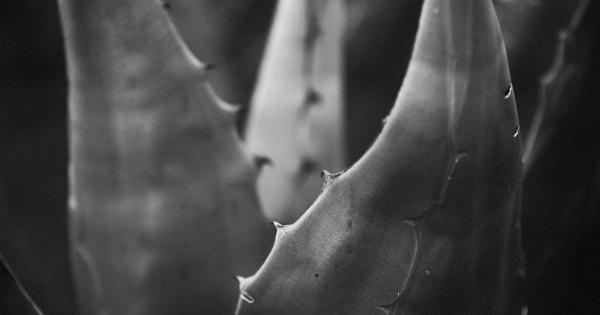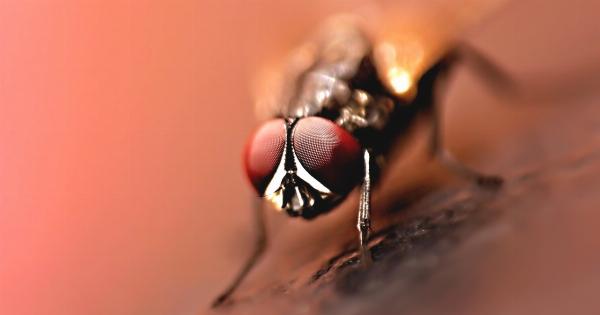Cats are known for their peculiar habits and one of them is eating grass. If you are a cat owner, you might have observed your furry friend nibbling on blades of grass or any plants around.
You may be curious as to why cats engage in this behavior and whether it is safe for them. Here, we will delve deeper into the reasons why cats eat grass and whether it is safe for them.
Reasons Why Cats Eat Grass
While cats are obligate carnivores, which means they need to eat meat to get the necessary nutrients for their growth and survival, they still eat greens. Here are some possible reasons why:.
1. Instinctual behavior
Cats are not only predators but also prey in nature. As such, they might have evolved to eat grass as a way to aid their digestive system.
In the wild, cats would eat their prey along with the stomach and intestines which usually contain plant matter or grass. This instinctual behavior might have carried over to our domestic cats.
2. Digestive aid
Cats’ digestive systems are not efficient at breaking down plant matter.
Eating grass could help them induce vomiting, which is a natural way for cats to get rid of any indigestible materials or hairballs that may have accumulated in their stomach. This can help prevent constipation or potentially serious digestive issues such as bowel obstruction.
3. Nutrient supplement
Grass contains essential nutrients such as vitamins, minerals, and fiber that are vital for maintaining your cat’s overall health. Some cats might eat grass as a means of supplementing their diet with these nutrients.
4. Boredom
Cats can be quite playful and curious creatures. Some cats might eat grass as a form of entertainment or out of boredom if they lack stimulation in their environment.
Is It Safe for Cats to Eat Grass?
Eating grass is generally safe for cats. However, there are some things to keep in mind to ensure that your cat won’t suffer any health issues:.
1. Avoid toxic plants
Not all plants and grasses are safe for cats to eat. Some plants such as lilies, azaleas, and tulips are toxic and can cause severe health problems such as kidney damage, lethargy, vomiting, and diarrhea.
Always make sure that the plants in your household or yard are safe for your feline friend to eat.
2. Check for chemicals and pesticides
Chemicals and pesticides are commonly used in lawns and gardens to keep them healthy and free from pests. Cats can be exposed to these chemicals if they eat grass that has been treated with such substances.
It is important to make sure that the grass your cat eats is free from any harmful chemicals or pesticides.
3. Monitor your cat
While eating grass is generally safe for cats, excessive consumption can cause digestive upset and potentially serious health issues such as intestinal blockages.
Monitor your cat’s behavior while eating grass and make sure that they are not overdoing it. If you notice any signs of vomiting, diarrhea, or any other unusual behavior, consult your veterinarian immediately.
In Summary
Cats eat grass for a variety of reasons, including instinctual behavior, digestive aid, nutrient supplement, and boredom.
It is generally safe for cats to eat grass, but owners should be vigilant about the plants and grasses they consume, making sure they are free from any harmful substances. Additionally, if your cat is showing any unusual behavior, it is essential to seek professional advice to avoid any potential health issues.
